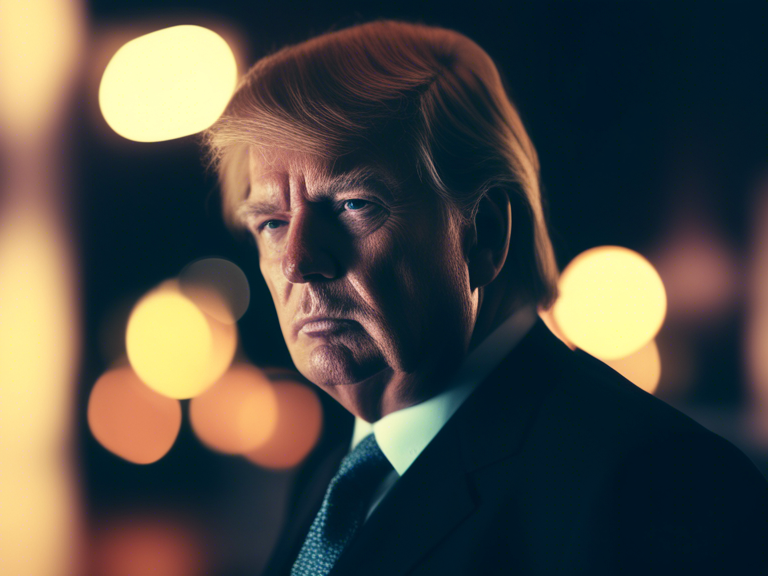
Trump Considers Redirecting Harvard Grants to Trade Schools
Trump considers redirecting Harvard's grants to trade schools, amid tensions over foreign student enrollment and his Memorial Day address on American patriotism.

Recent developments in the realm of education and international relations have ignited fervent discussions within the American political landscape. President Donald Trump's bold assertion that he is contemplating redirecting $3 billion in grants allocated to Harvard University towards vocational training institutions has sent shockwaves through the academic community. This dramatic proposal, unveiled on his social media platform Truth Social, comes on the heels of a tumultuous week marked by the Trump administration's decision to restrict Harvard's enrollment of foreign students.
Trump's Comments Spark Controversy
President Trump's comments, delivered during a Memorial Day address at Arlington National Cemetery, have ignited a firestorm of controversy. He suggested that the funds currently earmarked for prestigious institutions like Harvard could be more effectively utilized to support vocational training programs. This move, aimed at bolstering practical skills and workforce development, has been lauded by some as a necessary step towards addressing the evolving needs of the American job market.
Critics, however, argue that redirecting grants from established universities would undermine academic excellence and stifle innovation. They contend that supporting research and higher education is essential for maintaining America's competitive edge in the global arena. The debate surrounding President Trump's proposal underscores the deep divisions within American society over the role of education and the proper allocation of resources.
Foreign Students Caught in the Crossfire
The administration's decision to block Harvard from enrolling foreign students has further fueled tensions and raised concerns about the impact on academic diversity and international collaborations. Critics argue that restricting access to higher education based on nationality is discriminatory and harmful to the global exchange of ideas. They warn that such policies could damage America's reputation as a beacon of intellectual freedom and opportunity.
Proponents of the restriction, however, contend that prioritizing national security and protecting American jobs are paramount. They argue that stringent vetting processes are necessary to ensure that foreign students do not pose a threat to the country. The ongoing debate reflects the complex challenges faced by policymakers in balancing national interests with the values of inclusivity and global engagement.
The Future of Higher Education
President Trump's comments on higher education have injected a new level of uncertainty into an already volatile landscape. The potential redirection of funds from established institutions towards vocational training programs, coupled with restrictions on foreign student enrollment, signals a significant shift in the government's approach to education. It remains to be seen how these policies will ultimately shape the future of higher education in America.
Share news















